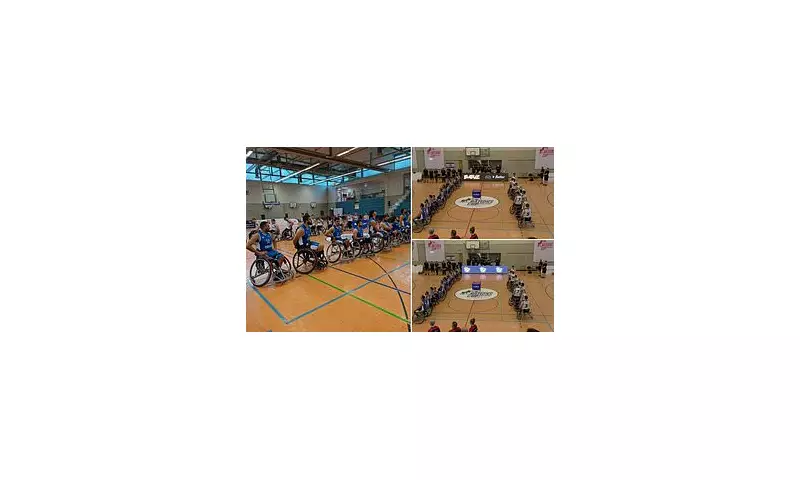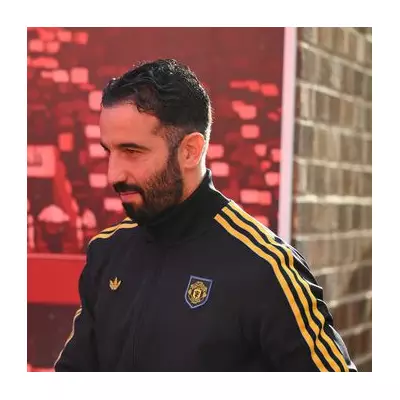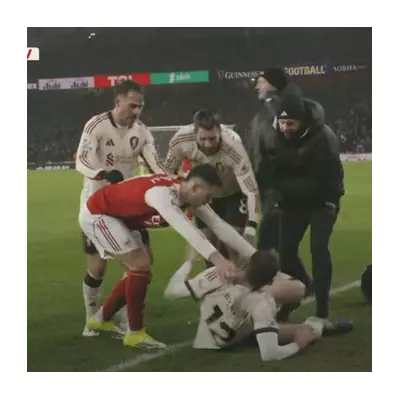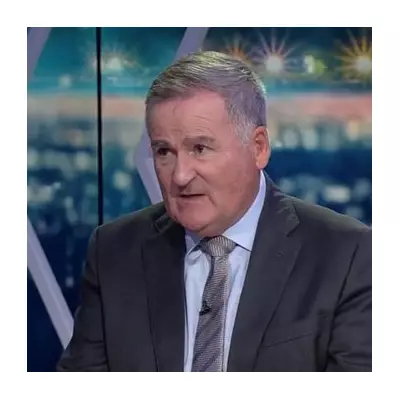
A tense moment at the International Paralympic Committee World Championships in Manchester has sparked an international dialogue about the intersection of sport and politics. British athletes chose to remain silent during the playing of Israel's national anthem, 'Hatikvah', following Noam Gershony's gold medal victory in the wheelchair tennis quad singles event.
The incident, captured on video and widely circulated, shows Team Paralympics GB athletes standing respectfully but making no attempt to sing along during the ceremonial proceedings. This silent response comes amid heightened geopolitical tensions in the Middle East and follows similar demonstrations at other sporting events.
Official Response and Protocol
The British Paralympic Association has issued a statement clarifying that while athletes are expected to observe medal ceremonies with respect, there is no mandatory requirement to sing any national anthem other than their own. 'Our athletes behave with integrity and respect at all times,' the association noted, emphasising their commitment to the spirit of Paralympic competition.
This position aligns with broader International Paralympic Committee guidelines, which focus on respectful behaviour without mandating specific demonstrations of patriotism during other nations' ceremonial moments.
Historical Context and Precedents
This is not the first instance of anthem-related protests in international sports. The ongoing conflict between Israel and Hamas has previously influenced athlete behaviour at various competitions, creating complex situations where sporting achievement intersects with global politics.
Many sporting bodies maintain similar positions to the IPC, prioritising respectful observation over prescribed participation during opponents' national anthem ceremonies.
Broader Implications for Sports Diplomacy
The incident raises important questions about the role of athletes as de facto diplomatic representatives and the boundaries between personal conviction and professional protocol. As international competitions increasingly become platforms for silent protests, governing bodies face challenging decisions about maintaining sport's neutral ground while respecting individual perspectives.
This event at the Manchester-based championships continues to generate discussion about whether sporting arenas should remain apolitical spaces or serve as legitimate venues for peaceful protest and expression.





